Melissa Tumblin has spent the past 10 years advocating for the hearing community after her daughter, Ally, was born without a right ear.
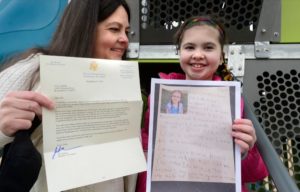
For a school assignment, Ally wrote a letter to a lawmaker about something she cared about. As Ally brainstormed for the assignment, she exclaimed, “Mom, my BAHA!” Melissa recalled.
Ally was referring to her bone anchored hearing aid, often called a BAHA. She wrote a letter to Neguse dated May 1, 2019.
“I am deaf in my right ear. I wear a hearing device called a bone conduction hearing aid that helps me hear better, but it is not covered under insurance,” the handwritten letter reads. “There are thousands of children and adults just like me who need this hearing device to hear better. Please help me advocate for hearing better by mandating hearing device coverage in Colorado for a bone conduction hearing aid.
”To Melissa’s surprise, Neguse wrote back, promising to advocate alongside Ally. In December 2019, Neguse introduced legislation that would ensure private insurance companies provide coverage for osseointegrated hearing devices, or OIDs, including bone anchored hearing aids and cochlear implants.
“You can try a million times and no one listens,” Melissa said. “He did. He listened.”
BROOMFIELD, CO – February 5, 2021: Ally Tumblin holds the letter she wrote to Joe Neguse and the return letter from Neguse. Colorado Rep. Joe Neguse reintroduced legislation in January titled Ally’s Act, a bill inspired by Ally Tumblin , an 11-year-old Broomfield resident to increase access to specialized hearing devices. Ally wrote a letter to Neguse in 2019 asking for his support for those with hearing impairments.
In January, Neguse reintroduced the legislation titled “Ally’s Act” in the 117th Congress. It was the first bill he introduced this Congress.
“For Ally and so many others, specialized hearing devices are critical for communicating. For insurance companies to deny coverage for these essential devices goes against common-sense,” Neguse said in a news release. “Cochlear implants and bone anchored hearing aids have helped countless individuals to communicate, and to thrive in their communities at school, work and in their social lives.”
With Ally’s rare hearing loss, it seemed Melissa had more questions than doctors had answers after Ally was born. When Ally was 10 months old, Melissa asked whether there was a hearing device Ally could benefit from.
“They told me she’s not a candidate for a cochlear implant,” Melissa recalled. “I later realized that’s not even the one she needed. I did my own research and found out she needed the BAHA.”
Melissa learned some kids were getting BAHAs as early as 2 months old. At this point, Ally was 11 months old.
“I was frustrated. I was sad. I was mad … All of this I learned in a crash course over the course of days, and I started a Facebook support group,” Melissa said. “Families from all over the globe joined within the year and had the same questions.”
Melissa created a website for her support group, which evolved into the nonprofit she titled Ear Community.
Melissa soon realized she was not alone. Ear Community helps children and adults born with microtia, when an ear is missing or undeveloped, and aural atresia, when the ear canal is missing resulting in hearing loss. Since starting Ear Community, Melissa said she’s helped thousands of people around the world.
Now that Ally’s Act has been reintroduced, Melissa said she’s asking the public to contact their congressman or congresswoman and senators and ask for their support.
“We need a little less than 300 co-sponsors for this bill,” she said. “The more letters they get, (the bill) typically gets more support. When the bill goes before committees, they’re already well informed about it.”
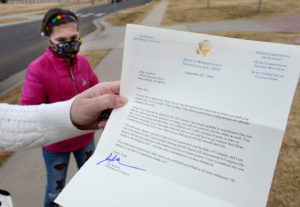
The bill has bicameral support from Sens. Shelley Capito and Elizabeth Warren. Ally and Melissa joined Zoom call with Warren and Neguse to discuss the bill last week.
“I can’t always hear good without my BAHA, and other kids like me have trouble hearing, too,” Ally told Warren. “I wanted to ask for help because not everyone who needs a BAHA can get one to hear better.”
Warren thanked Ally for her letter and said she was glad to introduce the bipartisan legislation to increase hearing device access.
“Despite the critical and life-changing support these specialized hearing devices provide, many adults and children throughout the United States cannot obtain them because they are too expensive,” Warren said in the news release.
The devices range from $5,000 to $12,000 each, and have to be replaced every five years.
Though Ally is making history for the hearing impaired community, Melissa said Ally hasn’t fully grasped the gravity of what she’s done.
“She’s very excited, but at the same time she has no idea the good she’s done. She has no idea the change and the difference she’s making,” Melissa said. “She’s just a little girl who wrote a letter trying to get help … No other person could’ve done it but Ally.”
Ally on Friday said it felt good to know she’s helping her deaf and hard of hearing friends.
Neguse thanked Ally for writing to him in the news release.
“I’m incredibly grateful for Ally’s initiative and courage to bring this issue to my office so we could get to work on a legislative fix to address it,” Neguse said.
Ally and Melissa also shared their story with “Good Morning America,” which will appear on the program’s website either Tuesday or Wednesday next week, Melissa said.
For more information on Ear Community, visit earcommunity.org. To watch Ally talk with Neguse and Warren, visit https://bit.ly/2N3HadK.
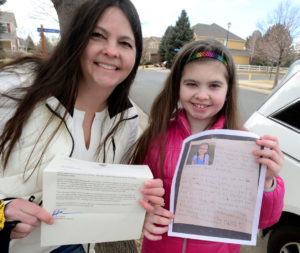
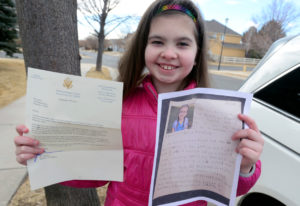
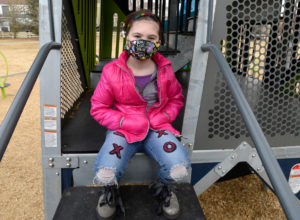
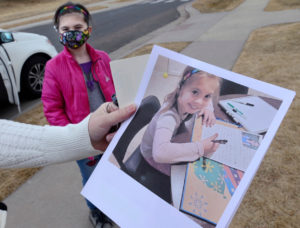
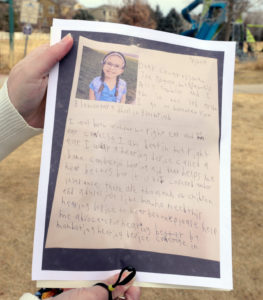





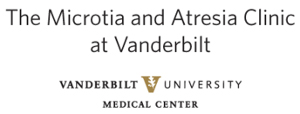
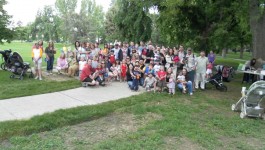
Leave a Comment
You must be logged in to post a comment.